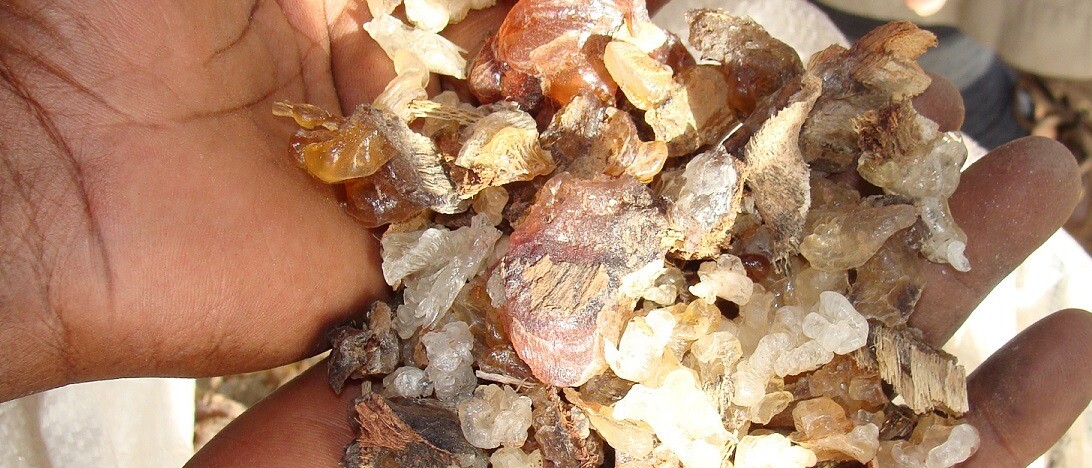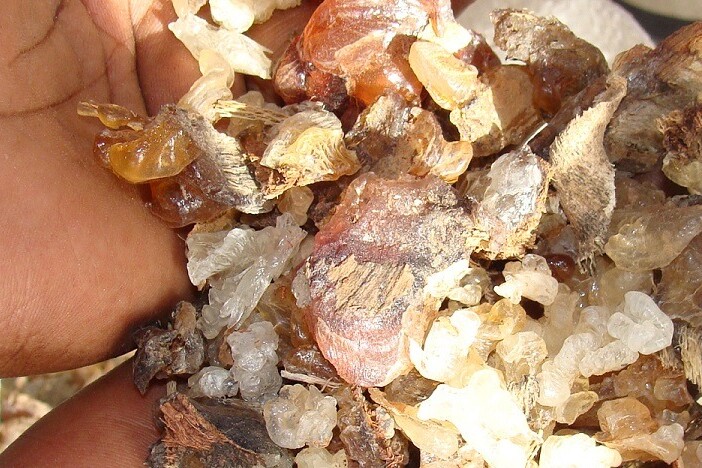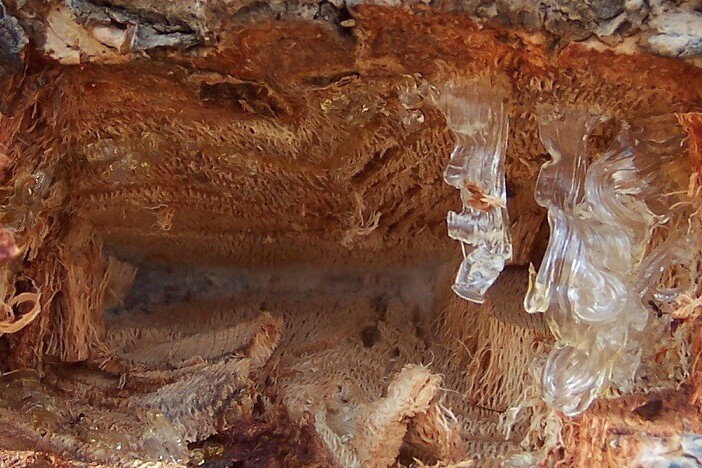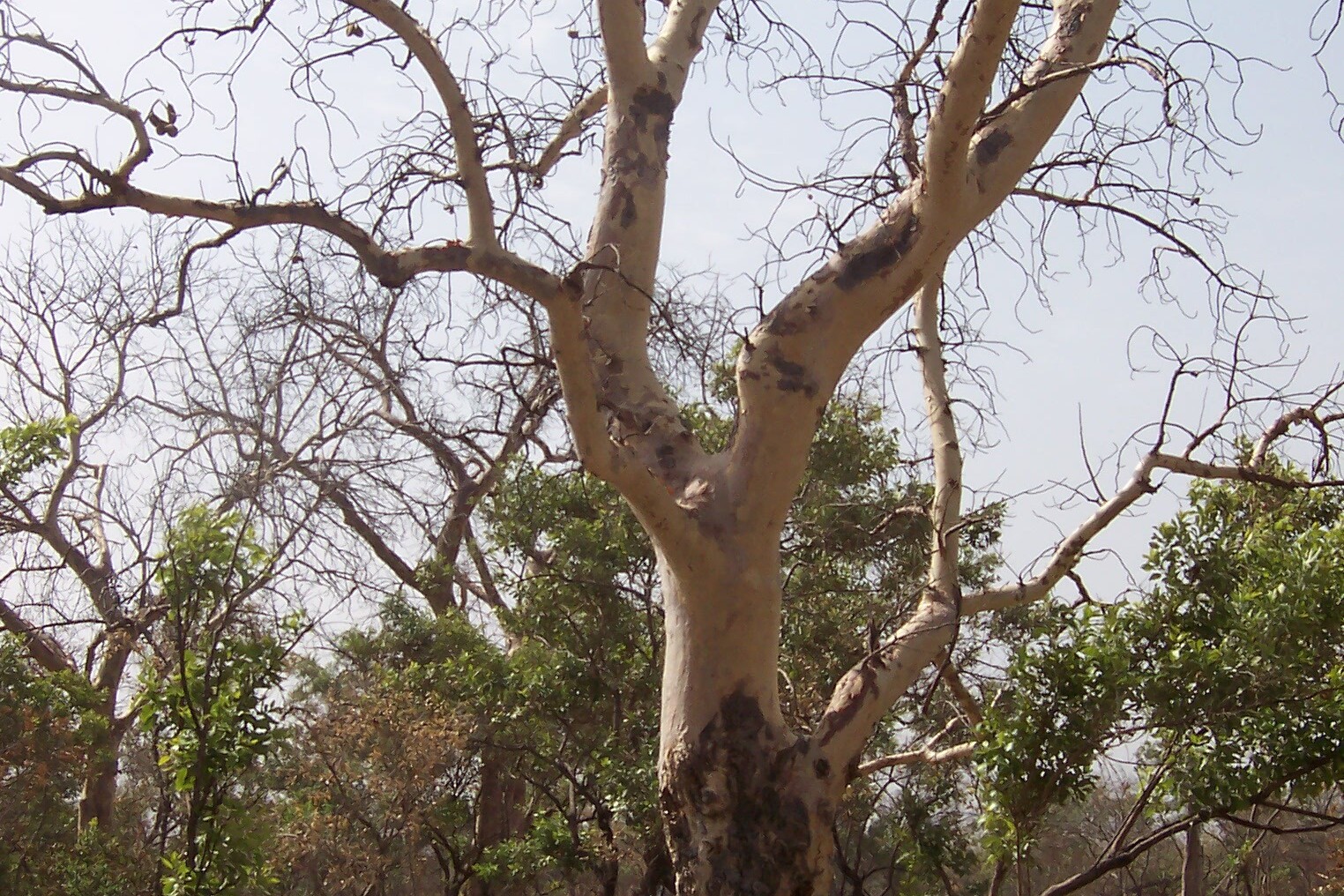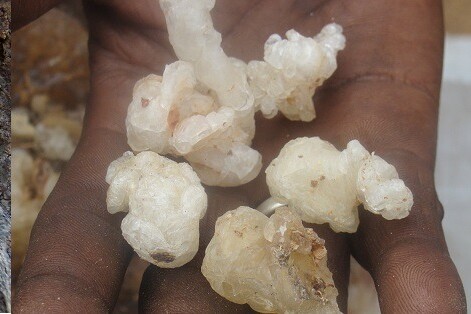Natural food additive E416: EFSA and JECFA regulations and safety guarantees
Also known as sterculia gum, karaya gum is a safe, natural additive used in diverse applications
Karaya gum has been used for many centuries in traditional African and Indian cooking. Today, karaya gum is a natural plant-based additive used in the food and pharmaceutical industries.
Regulations
Karaya gum is a natural product that is recognised as a source of fibre, which doesn’t have any negative impact on health. According to the EFSA (European Food Safety Authority) and JECFA (joint FAO/WHO expert committee on food additives), there is no safety concern for karaya gum and E416 doesn’t require a numerical ADI (acceptable daily intake).
Depending on country legislation, karaya gum is authorised in the formulation of a wide range of food products. Always check local legislation first.
Microbiological quality
As a leading supplier of natural plant-based gum including karaya gum, Alland & Robert has developed a treatment method that reduces the total plate count of hydrocolloids, while preserving all functional properties. This is based on an innovative flash heating concept, which enhances the microbiological quality of karaya gum.
This process guarantees remarkable homogeneity within the treated gums.
